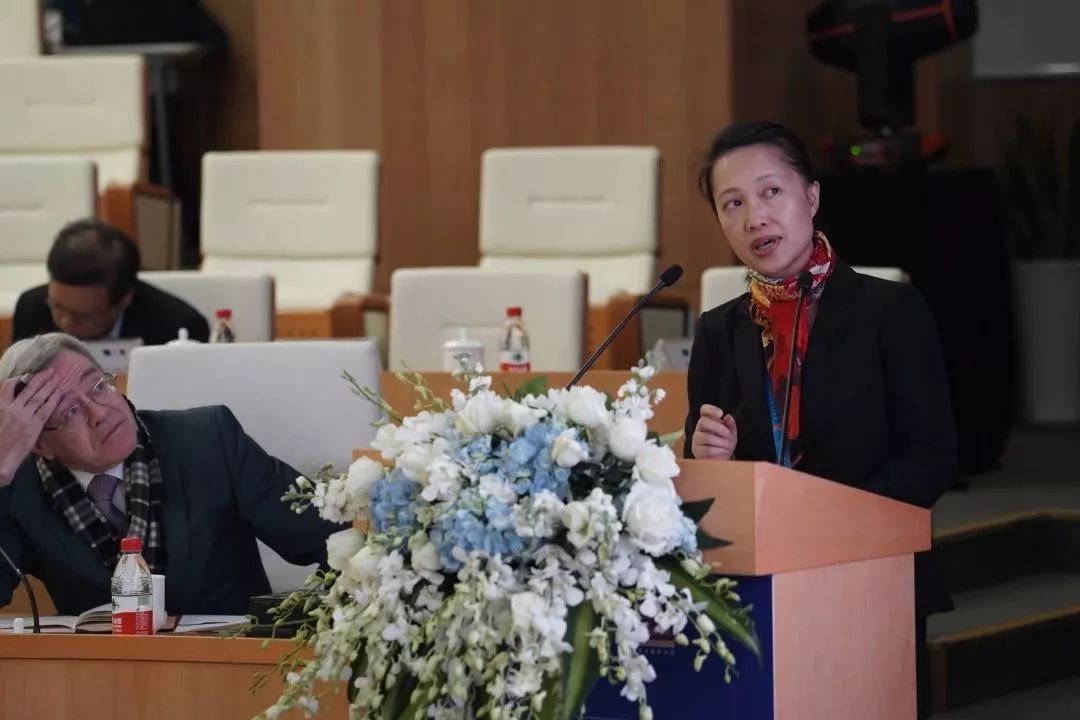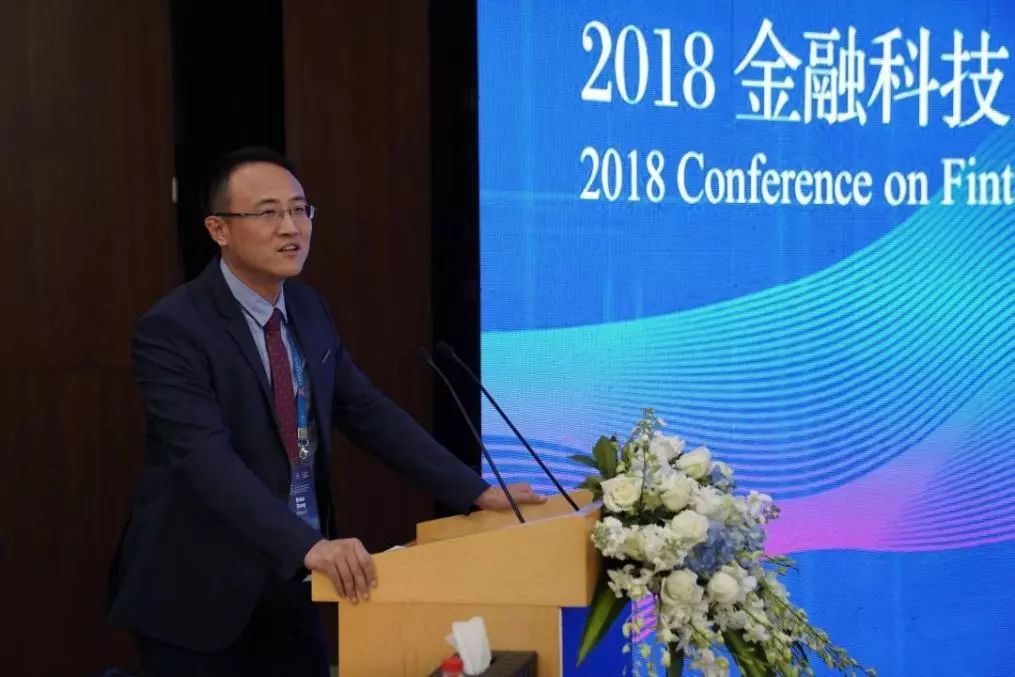2018 Fintech, Central Bank Policies, and Financial Stability Conference

This conference was jointly organized by Asian Development Bank Institute, Shenzhen Finance Institute and School of Management and Economics (SME) of CUHK-Shenzhen. The officials of central banks from Asian countries, researchers and well-known scholars shared their perspectives on digital money, fintech development, regulation, etc.

Prof. Wei Xiong, dean of Shenzhen Finance Institute, academic dean of SME, CUHK-Shenzhen
“The Central Bank is not only a politician, but also a regulator, who is responsible to build a framework of monetary system. While the monetary part has been mature, the regulation part is not mature yet. Most regulators resort to rules, but this way may be obsoleted soon. Therefore, the real challenge for us is how to keep pace with the time and find a quantitative method”, director of Fintech and Social Finance Research Center of Shenzhen Finance Institute and vice-chair of the Board of Directors at the Swiss Financial Market Supervisory Authority, Marlene Amstad said.

Marlene Amstad professor of Practice in Economics, director of Fintech and Social Finance Research Center of Shenzhen Finance Institute
Naoyuki Yoshino, dean of Asian Development Bank Institute, said that compared with the past, people were involved in finance field more easily and conveniently, and then finance inclusiveness has been a vital topic. In such global context, finance regulation and finance education are significant for the world. Sally Chen, chief representative of IMF Hong Kong office, believed that digitalization that contributed more than 30% of GDP has a momentous influence on productivity in the past twenty years.

Naoyuki Yoshino, dean of Asian Development Bank Institute

Sally Chen, chief representative of IMF Hong Kong office
The fast development of fintech not only reshapes the finance market and improves the efficiency of traditional finance, but also triggers new risks. Prof. Wei Xiong, dean of Shenzhen Finance Institute, academic dean of SME, CUHK-Shenzhen, editor of Journal of Finance, said policy-makers would face many challenges as digitalization and technology were making reform in the finance industry and its pattern would undergo a huge change in a few years. Peter Morgan, vice chair of research, Asian Development Bank Institute, thought that fintech had been considered as a spoiler in banking industry, and also a big trend in future. In addition to regulation and innovation, the finance industry needs infrastructures to develop technologies.

Peter Morgan, vice chair of research, Asian Development Bank Institute
Prof. Bohui Zhang, executive associate dean of SME, said that fintech products have been applied to solve problems in trust. However, new financial products definitely would bring about new problems. The important issue is how to overcome the trust crisis. Prof. Zhang described the assessment basis of finance innovation by RISE, in which R is responsibility, I is inclusiveness, S is sustainability and E is efficiency.

Prof. Bohui Zhang, executive associate dean of SME

Sayuri Shirai, former board member of Bank of Japan a professor of Keio University and a professor of Keio University



